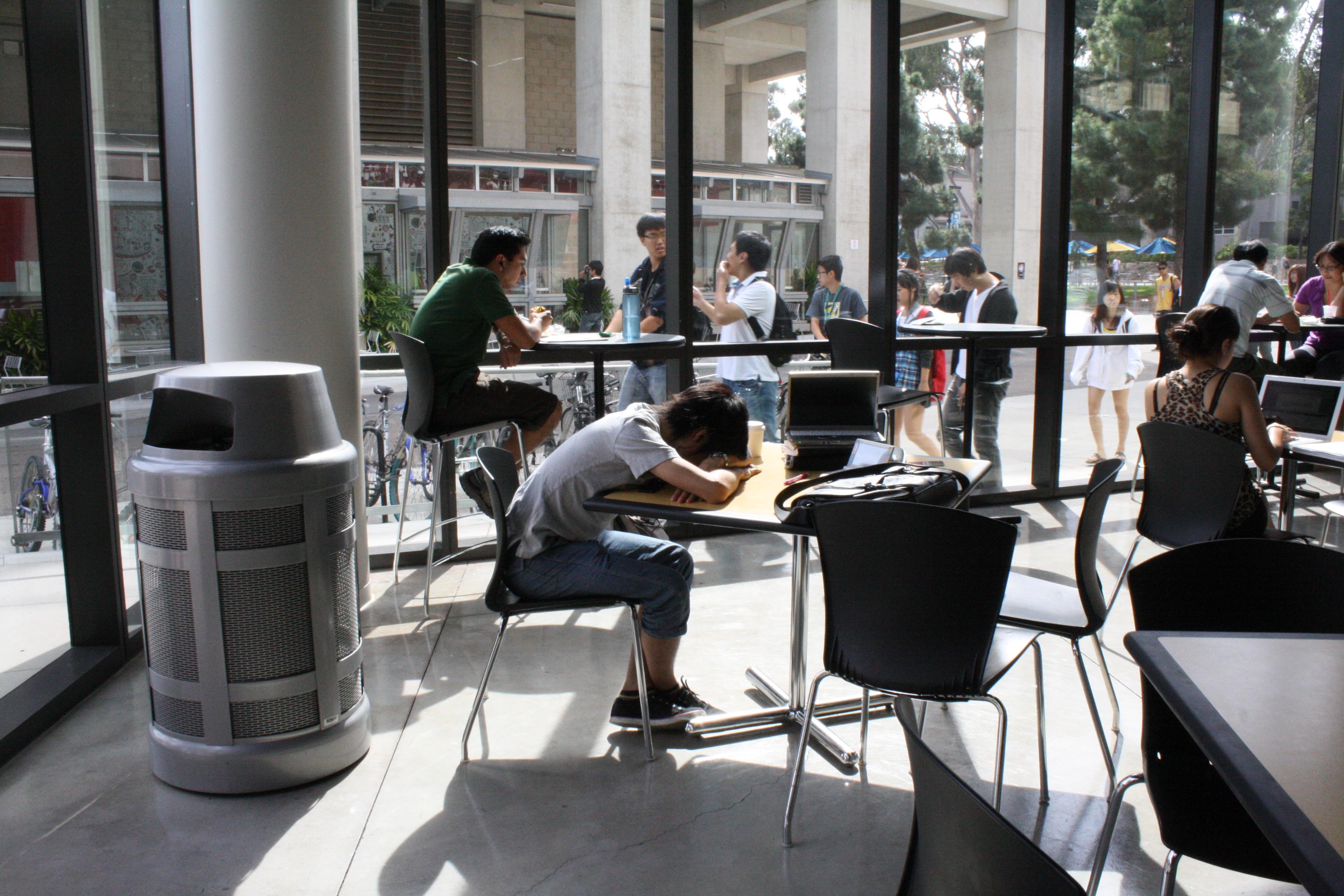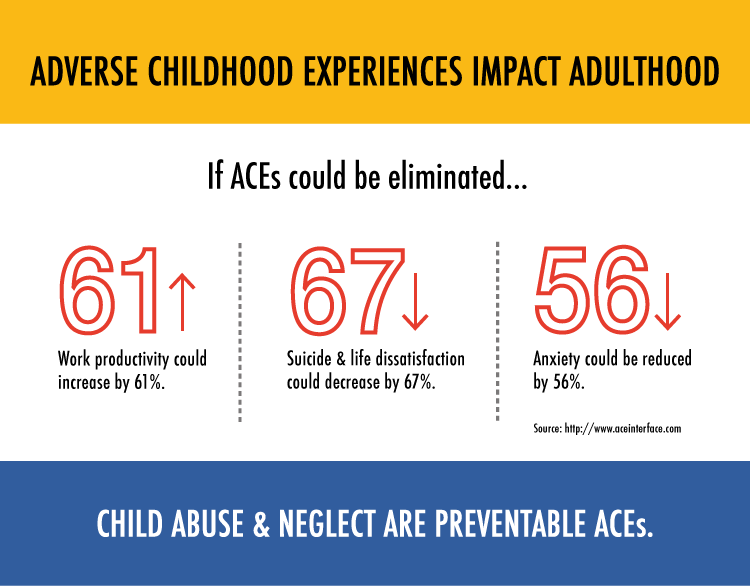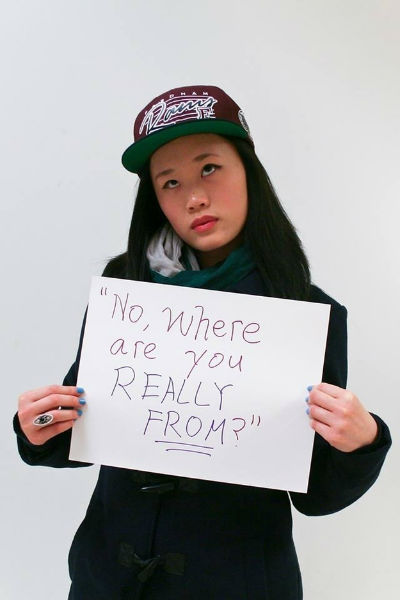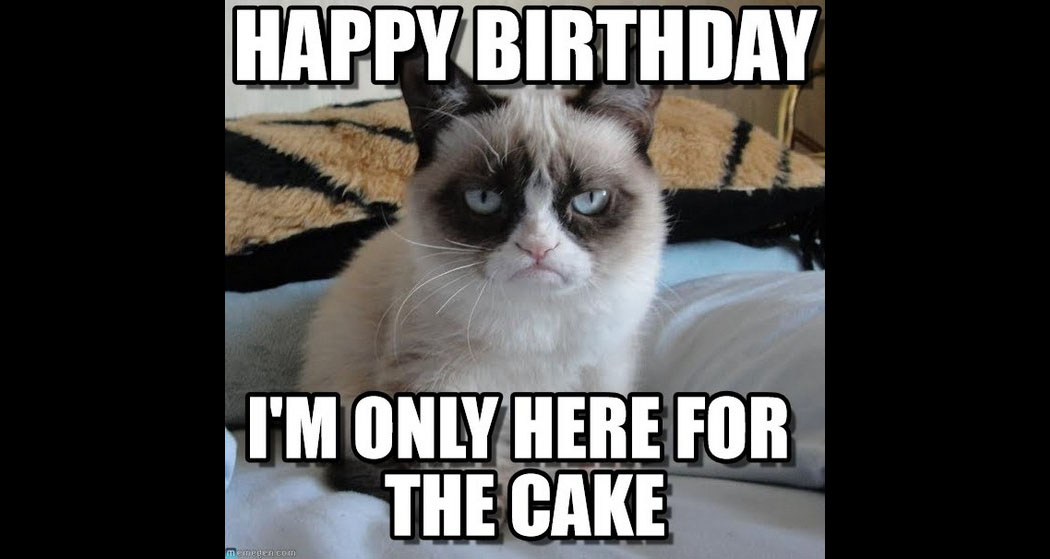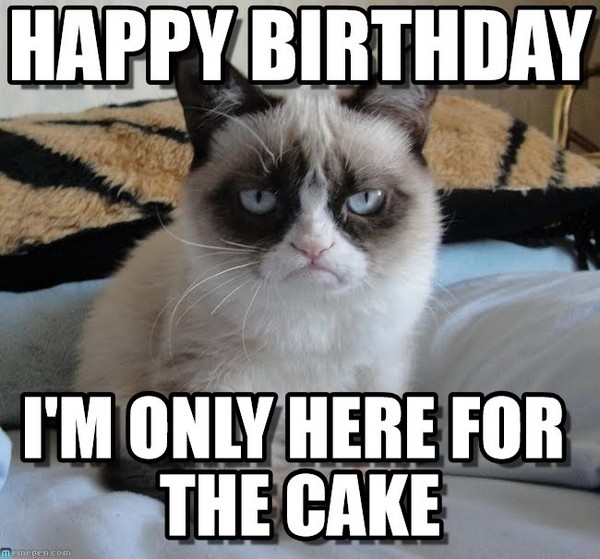Taming and Treating “Privilege Syndrome”
At some point, with many clients, comes an earnest variant of the same question: Who am I to have pain – or see a therapist – given that so many other people suffer in visible, heartbreaking ways?
I call this the Privilege Syndrome. The reasoning usually sounds like this:
• If I don’t live in a less-developed country where I only have access to one meal of day, I should be happy. (But I’m not.)
• If I have money, I shouldn’t feel depressed. (But I am.)
• If I have a job, I shouldn’t be annoyed with my work. (But I am.)
• If I don’t have to represent my race on a daily basis, or live in fear of violence, then I shouldn’t complain about the challenges I do have. (But I do.)
• If I have a loving family, I shouldn’t be lonely. (But I am.)
• If others respect me, I shouldn’t live in fear of rejection. (But I do.)
• If I haven’t survived one or more traumas, I shouldn’t be suffering. (But I am.)
• If my life looks good on paper, I should be happy. (But I’m not).
How lovely that so many of us know that other people also struggle! How terrible that we deem ourselves not worthy of struggling and suffering because of our privileges!
From a mindfulness perspective, Privilege Syndrome is all about getting caught in a mindstate of comparison, or what I and many other mindfulness practitioners call Comparison Mind. The good news about Comparison Mind is sometimes it makes us feel superior to others! But the bad news… well, you know all about the bad news of comparison. We end up feeling inferior and unworthy – and then judge ourselves for feeling so bad.
The truth is that we increase our suffering when we can’t acknowledge and accept our own pain and heartache. When we dismiss or minimize our own pain because So-and-So has it worse, we are acting from a faulty belief that suffering is reserved only for others.
The only “cure” for Privilege Syndrome is to learn to accept and honor our own suffering – no matter our privilege – while also acknowledging the suffering of others. When we can work toward the end of our suffering and the suffering of others, we stop comparing ourselves. Instead of landing in Comparison Mind, we access compassion. Instead of being better than or worse than others, we’re simply with ourselves and with others. That is connection. That is healing.




